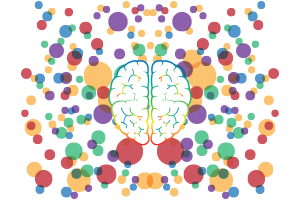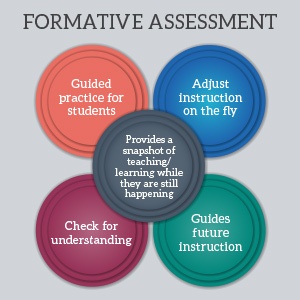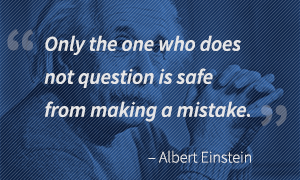How do we think? It depends.
As you undoubtedly know, thinking about some things is easier than others. Here’s an example based on two related questions.
Question 1: How many days are in a year?
Question 2: How many days are in 80 years?
To answer Question 1, you engage brain System 1. This is a relatively automatic set of responses that require little effort, at least for most people. Once you learn there are 365 days in a typical year, you can retrieve that information effortlessly.
To answer Question 2, you engage brain System 2. Using this system requires more effort and concentration. You might call it higher-level thinking, and it can get complicated.











